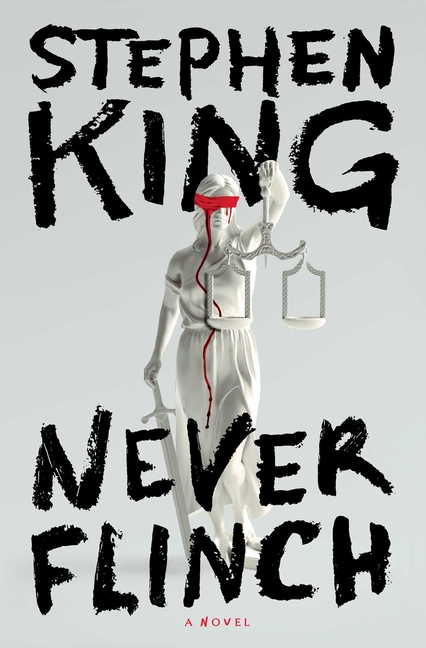One [character] will remind readers of Norman Bates long before King name-checks Psycho. Alas, Never Flinch never captivated me because of that disagreeable precedent. Not only was Norman’s psychosis based on dubious psychological principles, but Alfred Hitchcock’s homophobic representation of him also established a template for demeaning representations of gender-variant villains that persists to this day. King enters this fray with more empathy than most, but one wonders why he decided to go there at all ... King never grants his gender-ambivalent killer the depth or dignity he confers on other classic bugaboos. We never learn why gender dysphoria drove this person insane, and their origin story doesn’t honor their individuality ... Reading his 21st-century novels, I’ve often gotten the sense that King is sincerely attempting to compensate for some of the sexism, homophobia and racism of his early work. He hasn’t yet crafted a fully believable queer or trans character, however, and that shortcoming stands out in Never Flinch ... [An] open-minded worldview has been King’s stock in trade for more than 50 years, which makes Holly the quintessential King protagonist and her stories a great entry point into King’s work for new readers ... King is one of the best genre novelists writing today, so to say that Never Flinch isn’t as good as Holly or The Outsider is like saying that Cannery Row isn’t as good as The Grapes of Wrath. As with all King novels, its propulsive plot will keep you turning pages long past your bedtime. His evocative prose still makes characters come alive and ensures that they linger long after their stories are over. Never Flinch has a serious shortcoming that some readers might find offensive. I am one of them, and I still couldn’t put it down.
Read Full Review >>

